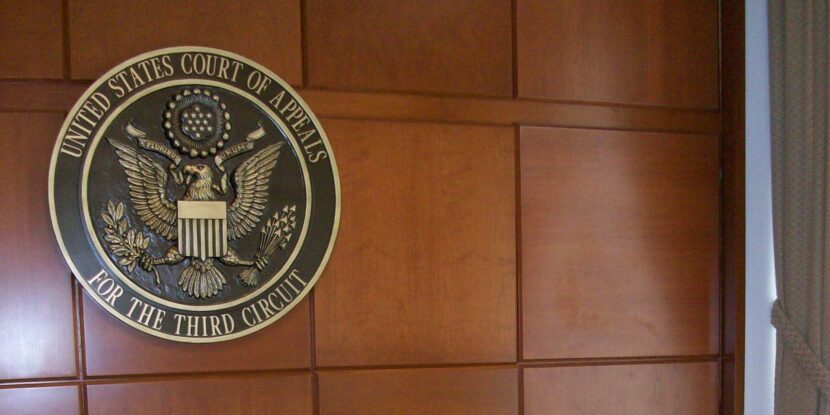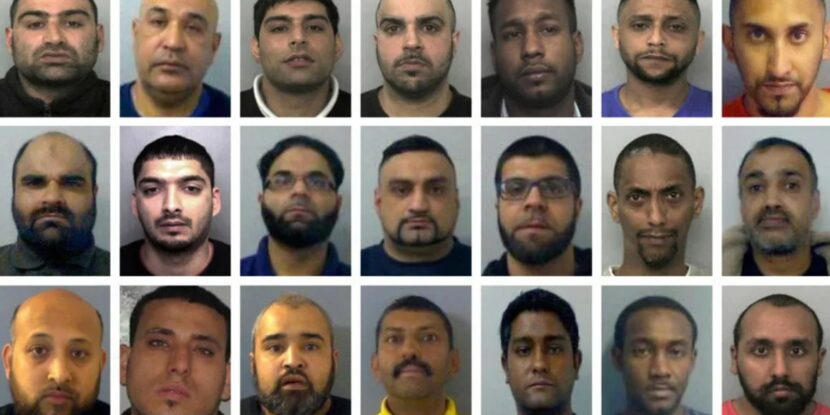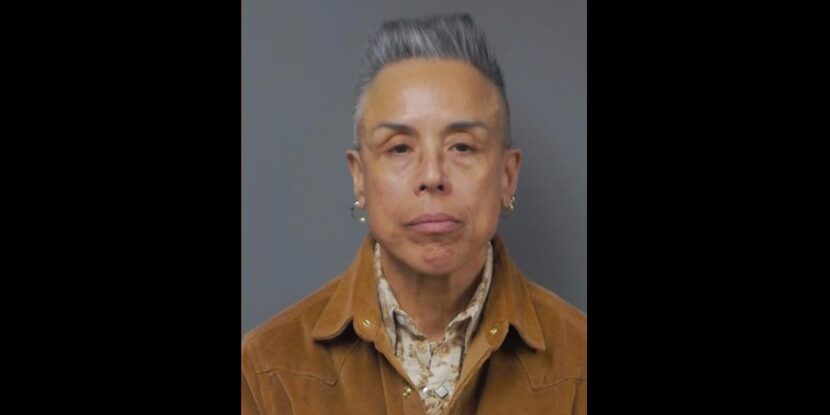❓WHAT HAPPENED: The Third Circuit Court of Appeals ruled that the Department of Justice (DOJ) lacks the authority to unilaterally revoke a green card, citing a violation of Congress’s authority and the separation of powers.
👤WHO WAS INVOLVED: The case involved Mohammad Qatanani, a New Jersey-based imam, and the DOJ’s Board of Immigration Appeals (BIA).
📍WHEN & WHERE: The ruling was issued on Tuesday, July 15, 2025, by the Third Circuit Court of Appeals.
💬KEY QUOTE: “The government’s position is antithetical to ‘the basic concept of separation of powers.’ … We therefore reject it.” – Circuit Judge Arianna Freeman
🎯IMPACT: The decision upholds Qatanani’s status as a lawful permanent resident and limits the DOJ’s authority to revoke green cards without adhering to what the court claims are procedures laid out by Congress.
A federal appeals court ruled on Tuesday that the Department of Justice’s (DOJ) Board of Immigration Appeals (BIA) lacks the power to unilaterally revoke a green card, stating that such actions violate Congress’s authority and the principle of separation of powers. The case involved Mohammad Qatanani, a New Jersey-based imam with alleged ties to Hamas, who has been seeking permanent residency in the United States for over two decades.
Judge Arianna Freeman, appointed by former President Joe Biden and writing for the majority of the Third Circuit Court of Appeals panel, argued, “The BIA exceeded its authority when it attempted to undo Qatanani’s adjustment to LPR status by using an agency regulation in a manner inconsistent with the procedures set out by Congress in the [Immigration and Nationality Act].” She further stated, “The government’s position is antithetical to ‘the basic concept of separation of powers.’ … We therefore reject it.”
Qatanani, who was admitted to the U.S. on a work visa in 1996, applied for permanent residency in 1999. Despite two favorable rulings by immigration judges in 2008 and 2020, the BIA vacated the earlier decision and attempted to order his removal. The court found that the BIA acted beyond its authority, particularly as the DOJ had failed to appeal the 2020 ruling within the required 30-day period.
Judge Paul Matey, a Trump-appointed judge, dissented, arguing that the petition should have been denied. He noted, “For more than a quarter century, five Presidents and 10 Attorneys General have objected to Mohammad Qatanani’s presence in our Nation.” Matey added that the court lacked jurisdiction to review the Executive’s discretionary decisions on status adjustments.
The ruling could have significant implications for lawful permanent residents, as its far-reaching language restricts the DOJ’s ability to retroactively revoke green cards without adhering to the court’s interpretation of legislative text passed by Congress. It is likely to be appealed.
Join Pulse+ to comment below, and receive exclusive e-mail analyses.




















